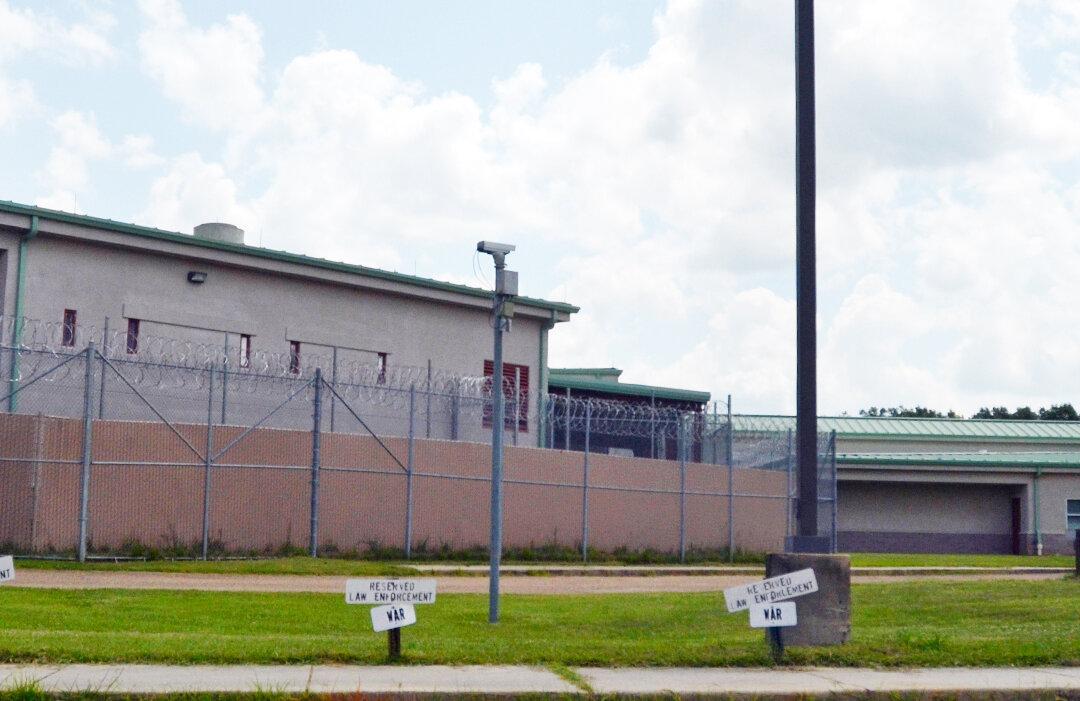County prisons have a growing population of inmates with mental health, substance abuse, and chronic health issues for which counties are shelling out billions in taxpayer dollars to provide treatments within local jails.
According to the National Association of Counties (NACo), 44 percent of the inmate population has a significant mental health issue, and 63 percent have drug dependency or drug abuse issues.





